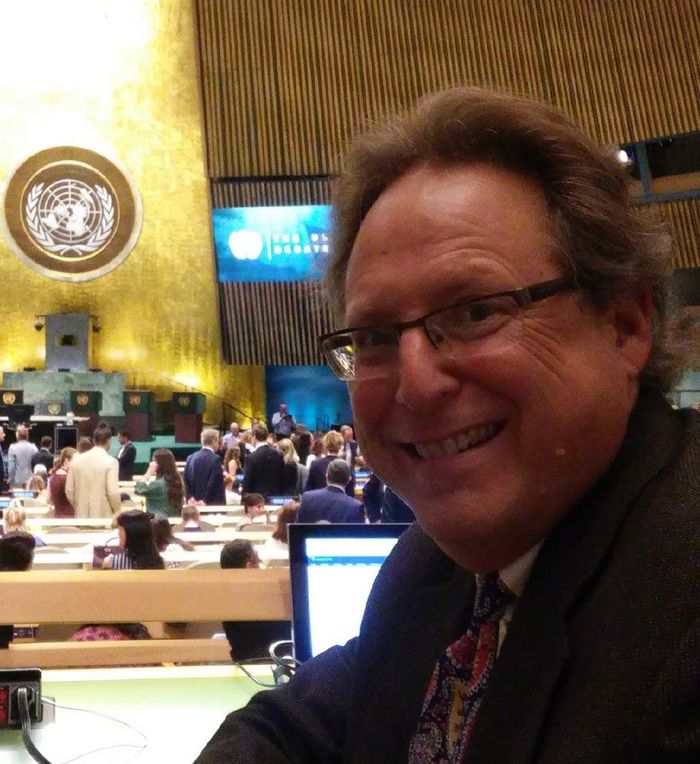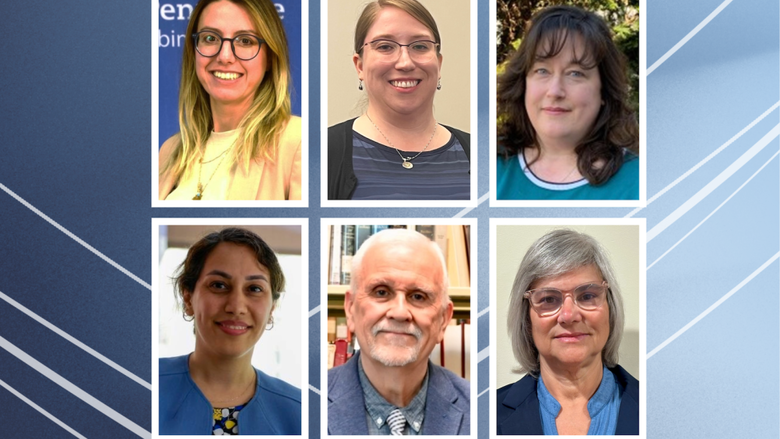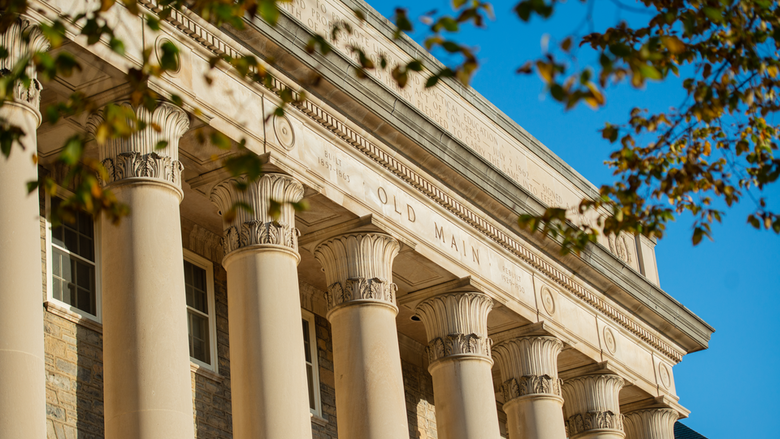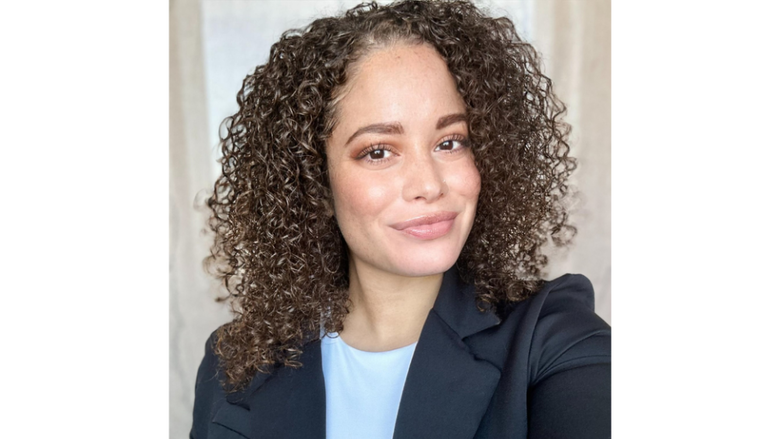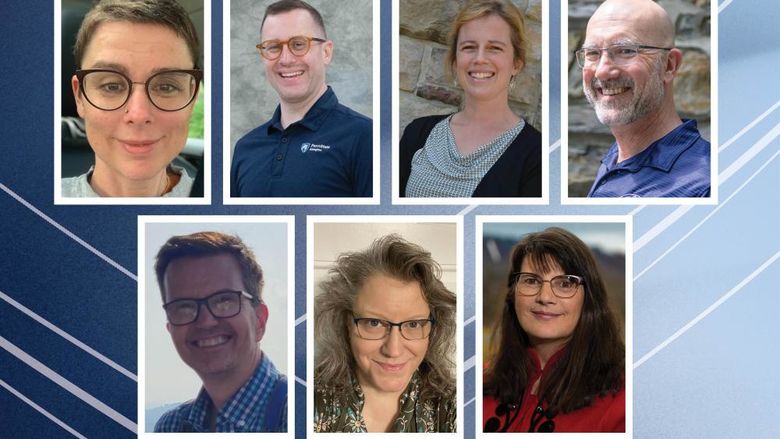In May 2020, 46-year-old George Floyd was killed by police officers in Minneapolis, Minnesota while being arrested, an act that unhinged the nation and unleashed a wave of anti-racism activism. College communities across the country quickly flamed efforts to better educate by enhancing curriculum, while starting book clubs and sculpting special projects such as art exhibits that bring voice to those often unheard.
For Penn State Lehigh Valley Associate Professor of Psychology David Livert, who serves as the main representative for the United Nations (UN) team of Society for the Psychological Study on Social Issues (SPSSI), it was an opportunity for he and his team to make a statement on racism to the UN. Titled “Beyond the Human Rights Rhetoric on Leaving No One Behind: Integrating the Elimination of Racism and Racial and Ethnic Discrimination into the Implementation of the Sustainable Development Goals" (SDGs) the statement was finalized in September and endorsed by 85 nongovernmental organizations in the UN community. Submitted as part of the commemoration of the 75th anniversary of the global group during 2020 meeting of the General Assembly, Livert and his team later presented it at the Human Rights Conference sponsored by the American Association for the Advancement of Science (AAAS) in the fall.
Livert said he hopes the statement will be adopted as part of the member nations commitment to achieving the 17 Sustainable Development Goals (SDGs) outlined in the 2030 Agenda for Sustainable Development, which commits to ending discrimination on the basis of race, gender and other axes of domination. To that end, it was sent to UN Secretary-General Antonio Guterres who called for the dismantling of racist structures and reforming racist institutions as part of a debate on racism within the same UN agenda.
Livert has been an active volunteer with SPSSI for more than a decade and on SPSSI’s United Nations team for the last four years. Livert’s UN team has eight representatives that include active and retired professors, researchers and psychologists in private practice. Several graduate level college interns assist the team.
When asked why he volunteers and what he finds rewarding, Livert said, "Service to the academic community and greater world is a significant part of the life of a professor at Penn State. My research interests concern applying social psychology to real world issues; SPSSI and its membership exemplifies these values. I am very grateful that not only can I volunteer to assist the Society, but that I can give my time and energy to advancing good policy and practice at the United Nations."
SPSSI, an international academic organization with more than 3,000 members, is an accredited NGO at the UN. Team members are active in submitting proposals for panels as well as preparing statements to various commissions to make informed policy recommendations based on psychological research. They also participate in a variety of United Nations activities. Next year, the team plans to write a statement on clean water and the status of domestic violence against women.
In addition to the UN member nations, there are more than 4,000 NGOs and civil society organizations that have Economic and Social Council (ECOSOC) accreditation at the UN. SPSSI’s NGO committee has been accredited at the UN since the 1990s.
Dennille Schuler
Public Relations Specialist
Penn State Lehigh Valley
